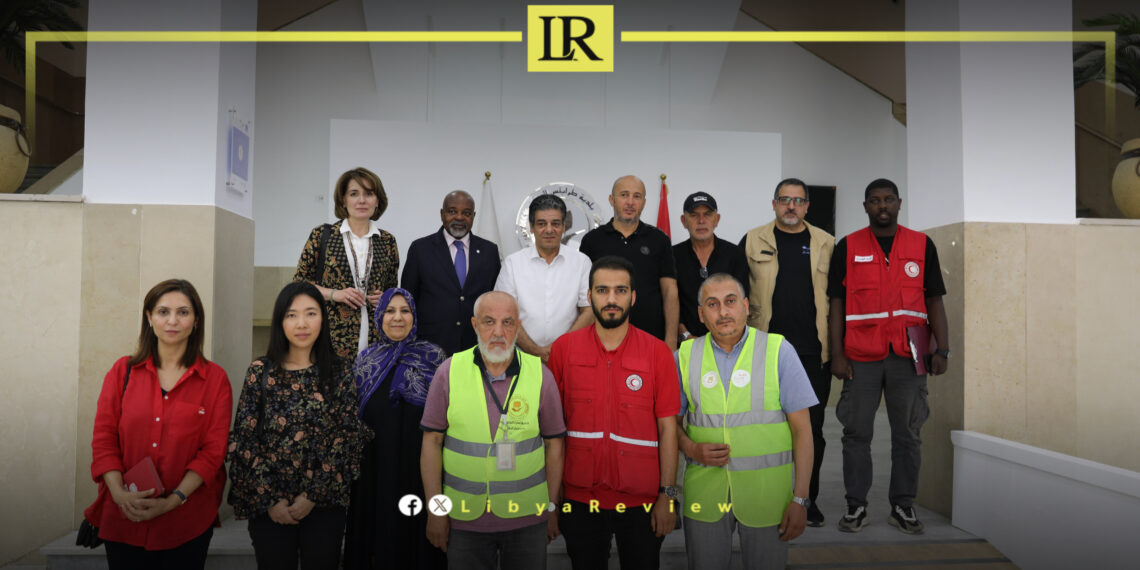On Sunday, the United Nations stressed that sustaining the current ceasefire and preserving stability are critical to protecting civilians and ensuring the continued delivery of essential public services in Libya, particularly in light of recent clashes in Tripoli and surrounding areas.
Ines Chiuma, Deputy Special Representative of the UN Secretary-General, Resident Coordinator, and Humanitarian Coordinator in Libya, led a field mission accompanied by senior representatives from UNDP, UNICEF, and UNMAS.
The delegation met with officials from the Municipal Council, the Libyan Red Crescent, and the Emergency Medicine and Support Center to listen directly to local partners and assess the humanitarian and operational challenges on the ground.
During the visit, the UN praised the determination of first responders who risked their lives to evacuate civilians and provide life-saving care under direct threat, despite the absence of a formally agreed-upon humanitarian corridor.
The mission highlighted the courage and professionalism of emergency teams working in conditions of extreme volatility.
The United Nations expressed particular concern over the fragility of the situation and warned that renewed violence would not only endanger lives but also severely disrupt access to vital services such as healthcare, child protection, and emergency response.
The delegation emphasized that ensuring uninterrupted humanitarian access and operational space is only possible if all parties uphold existing ceasefire arrangements and commit to de-escalation.
Chiuma reaffirmed the UN’s full support for local authorities and humanitarian actors working on the front lines. She also reiterated that the international community, including the UN Security Council, sees stability in Libya as essential for protecting civilians and supporting a path toward peace and institutional recovery.


